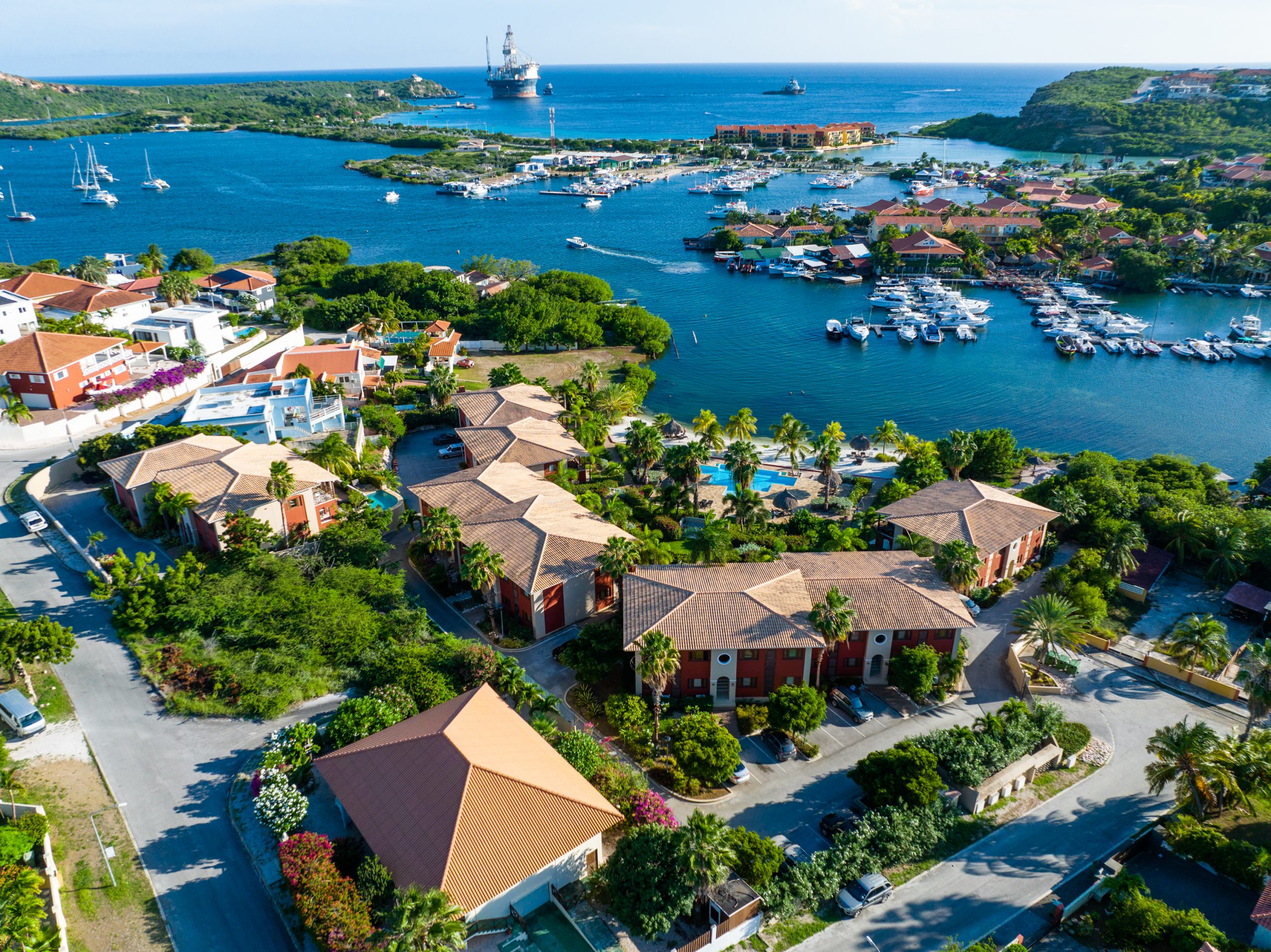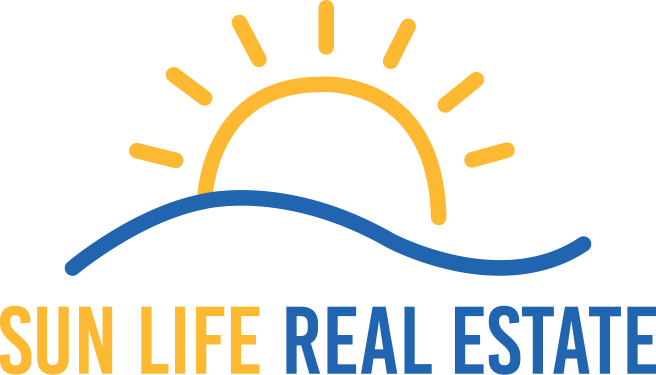Leasehold in Curacao: What Homebuyers Need to Know

Curacao, with its stunning landscapes and vibrant real estate market, is an attractive destination for both local and international homebuyers. However, when purchasing property on the island, a key legal concept often arises: leasehold (known locally as “erfpacht”). This system differs from full ownership and can be confusing for many buyers. In this blog, we’ll explore the leasehold system in Curaçao and look at the various options available for homebuyers.
What is Leasehold?
Leasehold, called ‘erfpacht’ in Dutch, is a legal arrangement where the land on which a house is built, remains the property of the government or a private landowner, while the buyer obtains the right to use the land. In exchange for this right, the buyer pays an annual fee to the landowner, called the “canon.” Essentially, the buyer is granted a long-term right to use the land, which typically ranges from 60 to 99 years. One of the key advantages is that you can build or purchase a house on the land without having to pay the full purchase price for the land itself.
Why is Leasehold Used in Curacao?
In Curaçao, much of the land is owned by the government, which prefers to retain ownership rather than selling it outright. Leasehold allows the government to control land use and manage the island’s development. Additionally, it provides a more affordable option for homebuyers, as they do not need to acquire full ownership of the land, which can represent a significant portion of the total purchase cost.
Benefits of Leasehold
- Lower initial costs: Since you don’t have to buy the land, the upfront costs of acquiring a home are lower.
- Long-term security: Leasehold contracts are typically long-term (60 to 99 years), providing a significant degree of stability and use rights.
- Opportunities for development: Many developers use leasehold land for new residential projects, offering buyers a chance to invest in modern neighborhoods without high land acquisition costs.
- Government retains ownership: By retaining ownership of the land, the government can control development and set conditions for land use, which can help maintain order and sustainability on the island.
Disadvantages of Leasehold
- Annual payments: One of the main downsides is the obligation to pay an annual canon. This fee can be adjusted over time, depending on the contract and market conditions.
- Limited ownership rights: You don’t have full ownership of the land, which can create some uncertainty, particularly when the leasehold contract approaches its expiration date.
- Resale challenges: When selling a property on leasehold land, potential buyers may be concerned about the remaining term of the lease. A short remaining term could reduce the property’s market value.
- Dependence on government policy: Since the government often owns the leasehold land, changes in government policy can impact the terms and conditions of the lease.
Types of Leasehold in Curacao
In Curacao, there are various types of leasehold arrangements, depending on the specific situation and government policies:
- Standard leasehold: This is the most common form of leasehold, where the land is granted for a fixed period (typically 60 or 99 years), with the possibility of extension.
- Prepaid leasehold: In this arrangement, you have the option to pay the annual canon upfront for a certain number of years or for the entire lease period. This can provide more financial predictability since you won’t have to make annual payments.
- Private leasehold: In addition to government leaseholds, private landowners can also lease their land. The terms of these agreements can vary depending on the contract between the landowner and the lessee.
What to Consider When Buying a Property on Leasehold Land
- Lease term: It’s important to know how many years remain on the leasehold contract. A short remaining lease period can make the property less attractive and might affect your mortgage options.
- Canon payments: Make sure to inquire about the amount of the annual canon and how often it is subject to review. Ensure you can afford these payments alongside your mortgage.
- Prepayment options: Some leasehold contracts offer the possibility to prepay the canon. This can be advantageous because it removes the burden of ongoing payments.
- Extension possibilities: Look into whether the leasehold contract can be extended and under what conditions. A contract that is easy to renew provides more long-term security.
Leasehold is a common form of property ownership in Curacao and can be an attractive option for homebuyers who want to save on land acquisition costs. However, it’s essential to understand the terms of the leasehold contract and the financial obligations that come with it. By making informed decisions, you can enjoy your dream home on this beautiful island while benefiting from the advantages of leasehold.
If you’re considering buying a property on leasehold land, it’s advisable to seek legal advice and consult with a real estate agent who is knowledgeable about the local market and regulations. For guidance in any of these topics you can contact adriaan@sunlife.realty for more information. This way, you can avoid any surprises and confidently invest in real estate in Curacao.
Categorieën: News
Tags: Advantages of leasehold in Curacao, Affordable home buying in Curacao, Buying property in Curacao leasehold, Curacao leasehold canon fees., Curacao leasehold vs freehold property, Curacao leasehold vs full ownership, Curacao property investment leasehold, curacao real estate market, Erfpacht Curacao real estate, Government land lease Curacao, Homebuyers guide to leasehold in Curacao, How does leasehold work in Curacao, Leasehold contracts Curacao, Leasehold in Curacao, Leasehold investment Curacao, Leasehold land in Curacao, Leasehold land purchase Curacao, Leasehold property benefits Curacao, Leasehold property disadvantages Curacao, Leasehold property rights Curacao, Prepaid leasehold Curacao, Private leasehold agreements Curacao, Real estate lease terms Curacao, Real estate leasehold system Curacao, Understanding leasehold in Curacao
